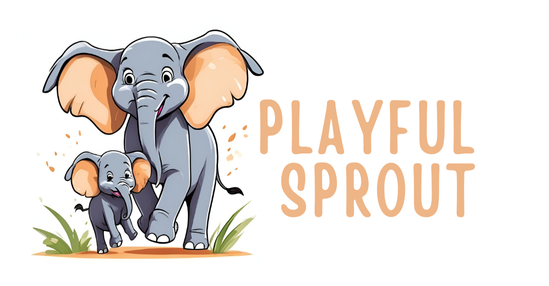Lying is often viewed as a negative behavior, but for young children, it can represent a significant developmental milestone. Psychologists and child development experts have studied the onset of lying as a cognitive milestone that signals growth in complex thinking abilities.
When children begin to lie, they demonstrate advances in understanding others’ perspectives, theory of mind, and self-regulation.
This article dives into when children start to lie, why it happens, and what it reveals about their mental and social development.
Why Do Children Lie?
Young children lie for different reasons, including:
- To Avoid Punishment: The most common motivation for lying is to avoid negative consequences.
- To Protect Themselves or Others: Children may lie to protect someone else, reflecting an understanding of social bonds.
- For Personal Gain: As they grow older, children may lie to get something they want, like more time to play or a treat.
Understanding why children lie at different ages provides insight into their motivations and social skills.
When Do Children Start Lying?
Research indicates that children typically begin lying between ages 2 and 4. In a famous experiment by Dr. Kang Lee, a developmental psychologist at the University of Toronto, children as young as two were capable of telling “simple lies” to avoid punishment or gain something they wanted. The frequency and sophistication of lying increase with age as children’s cognitive and social skills develop.
Why Lying Emerges as a Developmental Milestone
When a child starts lying, it reflects cognitive and social milestones that include:
- Theory of Mind Development: Around age 3 to 4, children begin to understand that other people have beliefs, desires, and perspectives different from their own. This awareness is essential for lying, as the child realizes they can control information to influence others’ thoughts.
- Executive Function and Inhibition: Children who lie effectively are often better at cognitive inhibition—the ability to control impulses. This skill is essential for “keeping a straight face” and not revealing the truth immediately.
Types of Lies and Their Developmental Significance
Children’s lies evolve as they grow:
- Simple Lies: Common around age 2-3, these lies are often impulsive and based on the desire to avoid punishment.
- White Lies: Around age 4-5, children begin telling prosocial lies to avoid hurting others’ feelings, showing an emerging sense of empathy and social rules.
- Complex Lies: As children approach age 6-7, they develop more elaborate lies that consider context, other people’s perspectives, and plausible stories.
Should Parents Be Concerned about their child’s lies?
Lying is generally a normal part of child development and not necessarily a cause for concern. Occasional lying can indicate that a child is developing social and cognitive abilities. However, if lying becomes a pattern or is used manipulatively, it may signal deeper behavioral issues that might require intervention.
How Parents Can Respond to Lying
It’s essential for parents to respond to their child’s lies in constructive ways:
- Stay Calm and Avoid Overreaction: Reacting with anger can make children more likely to hide the truth in the future.
- Encourage Honesty: Rewarding truthfulness helps reinforce honesty as a valued trait.
- Discuss the Importance of Truth: Explain why honesty is important and how lies can hurt others or lead to bigger problems.
By handling these situations calmly, parents can help children understand the value of honesty and develop better social skills over time.
Conclusion
Children begin lying as early as age 2, and while lying can be frustrating for parents, it’s also a sign of healthy cognitive development. As children learn about perspectives and self-regulation, lying becomes a tool they use to navigate social interactions and understand complex ideas about truth and trust. Parents can guide their children toward honesty while fostering their growing cognitive abilities by understanding the reasons behind this behavior.


